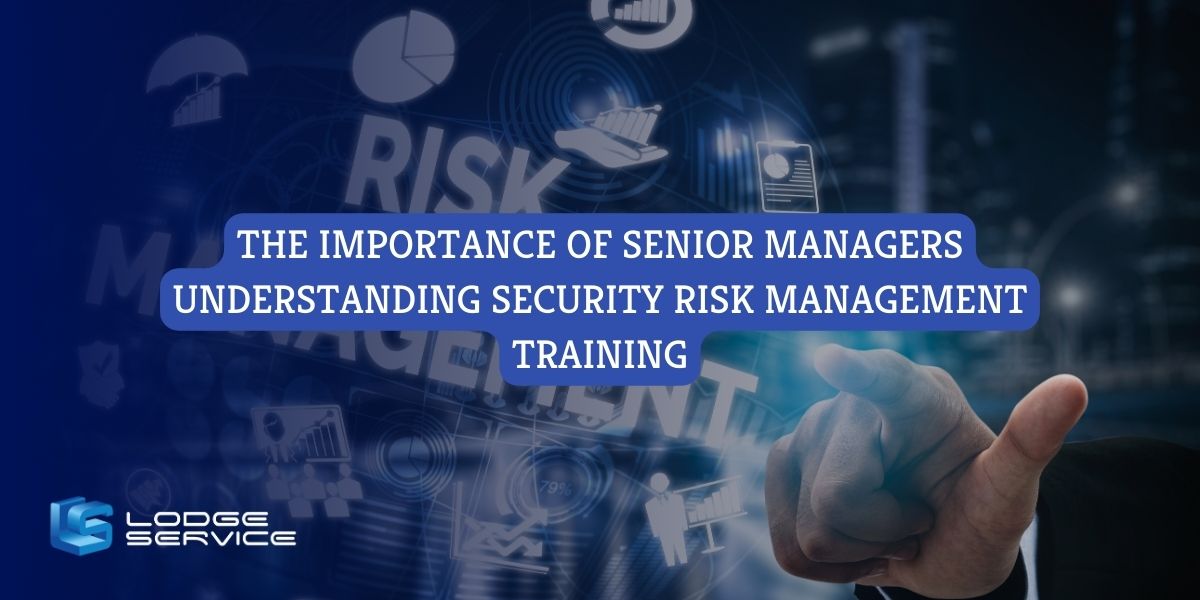The Importance of Understanding the Value of Risk Management in Various Industries

The Core Concept of Risk Management and Its Objective
Risk Management, the keystone of several industries, rests on the identification, assessment, and reduction of uncertainties in a company setting. It is an important method that enables companies to guard their properties, online reputation, and general survival. By properly recognizing potential risks, services can establish techniques to either stop these risks from happening or reduce their effect. The analysis process involves examining the probability and potential seriousness of these dangers. The mitigation process includes developing methods to reduce their possible impact as soon as risks have been identified and examined. This process is intermittent and recurring, making certain that organizations are prepared for the ever-changing nature of Risk in different industries. The primary purpose, thus, is to cultivate durability among unpredictabilities.
Benefits of Carrying Out Risk Management in Service Operations

Revealing the Function of Risk Management in Different Industries
While every industry confronts its one-of-a-kind set of threats, the application of Risk Management approaches stays a common measure in their pursuit of sustainability and growth. In the healthcare sector, Risk Management requires making certain patient safety and security and data protection, while in finance, it includes mitigating financial investment threats and guaranteeing regulative conformity (importance of risk management). Building companies concentrate on worker security, project delays, and spending plan overruns. In the technology field, companies alleviate cybersecurity risks and technology obsolescence. Inevitably, the duty of Risk Management throughout sectors is to recognize, assess, and mitigate threats. It is a crucial component of tactical preparation, allowing organizations to secure their assets, optimize opportunities, and accomplish their purposes.
Real-life Study Demonstrating Effective Risk Management
To recognize the significance of Risk Management in these many industries, one can look to a number of real-life circumstances that show the effective application of these measures. Toyota, upload the 2011 quake in Japan, modified its supply chain Management to minimize disruption threats. These situations show just how markets, discovering from situations, efficiently used Risk Management strategies to minimize future threats.
Future Fads and Advancements in Risk Management Methods
Cybersecurity, when an outer problem, has actually catapulted to the center of Risk Management, with methods focusing on prevention, discovery, and feedback. The assimilation of ESG (Environmental, Social, Governance) variables right into Risk Management is one more expanding trend, reflecting the enhancing recognition of the function read more that social and environmental threats play in business sustainability. Hence, the future of Risk Management lies in the blend of innovative modern technology, click for more info cutting-edge techniques, and an all natural strategy.
Conclusion
In final thought, understanding the relevance of Risk Management across a spectrum of sectors is vital for their long life and prosperity. Inevitably, successful Risk Management adds to more durable and sustainable services, highlighting the significance of this method in today's very competitive and vibrant service atmosphere.
While every sector confronts its special collection of risks, the execution of Risk Management techniques continues to be a common denominator in their pursuit of sustainability and development. In the healthcare sector, Risk Management entails making certain person safety and security and data security, while in money, it includes mitigating financial investment threats and ensuring regulatory compliance. Eventually, the duty of Risk Management throughout sectors is to identify, evaluate, and reduce risks. These cases demonstrate how markets, discovering from dilemmas, effectively applied Risk Management strategies to minimize future threats.
